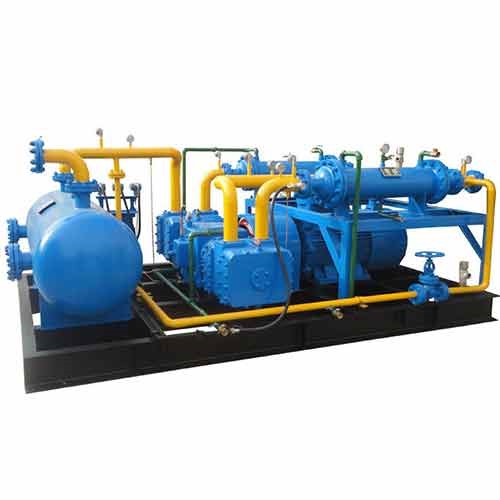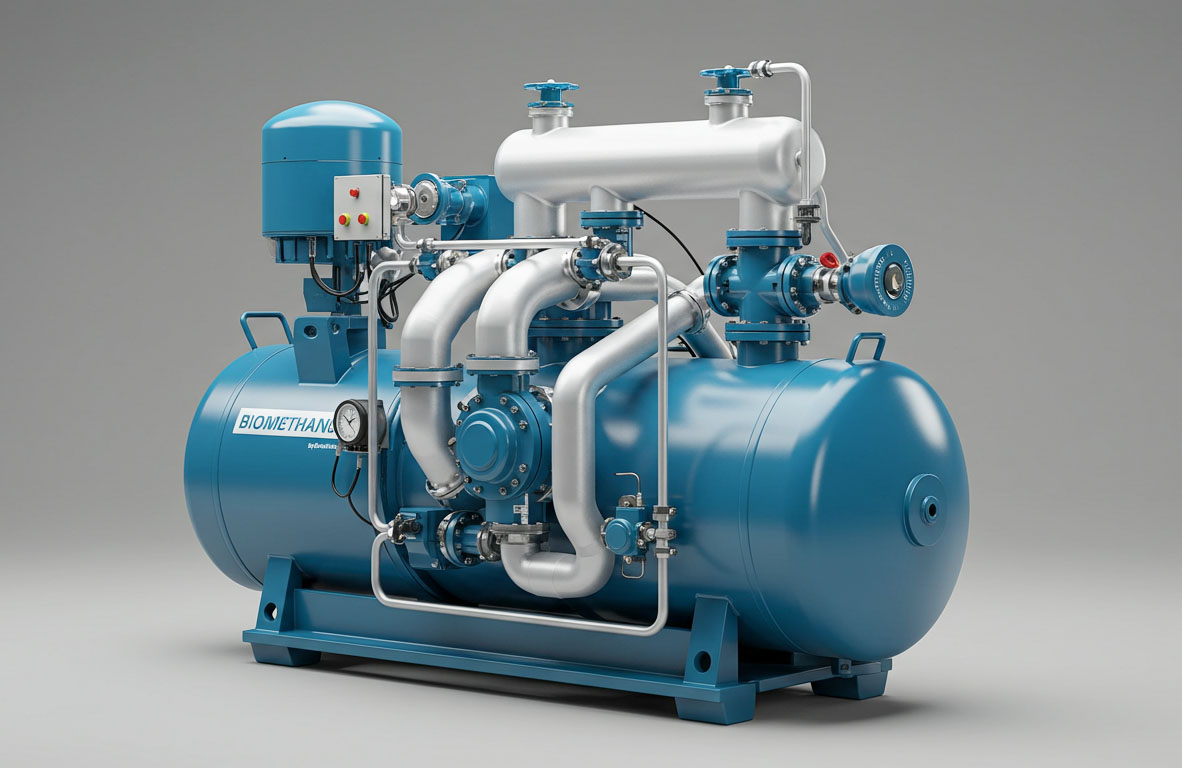Choosing the Best Industrial Portable Air Compressor: A Comprehensive Guide

The best Industrial portable air compressor play a crucial role in various industrial applications, providing a convenient and efficient source of compressed air. Whether used in construction sites, manufacturing plants, or automotive workshops, selecting the right industrial portable air compressor is essential for optimal performance and productivity. In this comprehensive guide, we will delve into the key features and considerations to help you make an informed decision when choosing the best industrial portable air compressor for your specific needs.
Introduction
Industrial portable air compressors are compact and versatile machines designed to generate compressed air for a wide range of industrial tasks. Unlike stationary models, these compressors are designed for mobility, allowing them to be easily transported to different job sites.
The selection of an industrial portable air compressor is a critical decision that directly impacts operational efficiency. The right compressor ensures a reliable and consistent source of compressed air, contributing to the smooth functioning of pneumatic tools, machinery, and various industrial processes.
Before making a purchase, it’s essential to understand the key features that differentiate industrial portable air compressors. Factors such as power, portability, durability, and safety features should be carefully evaluated to meet the specific requirements of your industrial applications.
Types of Industrial Portable Air Compressors
Piston Compressors
Piston compressors, also known as reciprocating compressors, are known for their simplicity and durability. Understanding the advantages, such as cost-effectiveness, and disadvantages, including noise levels and maintenance requirements, helps in making an informed choice.
Explore the diverse applications where piston compressors excel, from small-scale operations to heavy-duty industrial tasks, and determine if they align with your specific needs.
Rotary Screw Compressors
Rotary screw compressors operate on a continuous basis, providing a steady supply of compressed air. Delve into their key characteristics, including efficiency, performance, and suitability for specific industries.
Examine the industries that benefit most from rotary screw compressors, such as manufacturing, automotive, and construction, to identify if they match your operational requirements.
Centrifugal Compressors
Centrifugal compressors offer high efficiency and are suitable for large-scale industrial applications. Gain insights into their working principle and advantages to determine if they are a fit for your specific needs.
Explore real-world applications where centrifugal compressors shine, such as petrochemical plants and power generation facilities, to assess their relevance to your industrial processes.
Key Features to Consider
Power and Performance
Understand the significance of horsepower and cubic feet per minute (CFM) in relation to the power and performance of industrial portable air compressors. Determine the right balance to meet your operational demands.
Evaluate the duty cycle, which represents the compressor’s ability to operate continuously without overheating. Matching the duty cycle to your usage patterns ensures long-term reliability.
Portability and Mobility
Consider the physical dimensions and weight of the compressor, taking into account the available space and transportation requirements. Optimal portability enhances versatility across different job sites.
Examine the design of wheels and handles for ease of maneuverability. A well-thought-out configuration simplifies transportation and deployment in diverse industrial settings.
Tank Capacity and Pressure
Explore the role of tank size in maintaining a consistent supply of compressed air. The right tank capacity prevents interruptions in operations, especially during peak demand periods.
Understand the required pressure levels for your specific industrial applications. Matching the compressor’s pressure capabilities to your needs ensures efficient and effective performance.
Durability and Build Quality

Investigate the materials used in the construction of the compressor to assess its durability and resistance to wear and tear. High-quality materials contribute to a longer operational lifespan.
Consider the environmental conditions of your industrial setting. A compressor with resistance to harsh elements such as dust, moisture, and extreme temperatures ensures reliable performance in challenging environments.
Evaluate the maintenance requirements of the compressor, including oil changes and filter replacements. Opt for a model with accessible components to simplify routine servicing and minimize downtime.
Noise Level and Vibration
Recognize the importance of minimizing noise levels in industrial environments to comply with safety regulations and provide a conducive working environment. Select a compressor with noise reduction features for a quieter operation.
Explore the vibration reduction mechanisms incorporated into the compressor’s design. Reduced vibration not only enhances operator comfort but also contributes to the longevity of the machine.
Ensure that the compressor complies with industry noise standards to avoid potential regulatory issues. Meeting these standards reflects a commitment to safety and environmental responsibility.
Safety Features
Examine the overload protection mechanisms integrated into the compressor. These features safeguard against excessive strain, ensuring the longevity of the machine and preventing potential damage.
Understand the importance of thermal protection in preventing the compressor from overheating during prolonged usage. Thermal safeguards contribute to safe and reliable operations.
Learn about pressure relief valves and safety shut-offs as essential safety features. These mechanisms protect against excessive pressure build-up, reducing the risk of accidents and equipment damage.
Energy Efficiency
Evaluate the energy efficiency of the compressor’s motor to minimize operational costs. High motor efficiency ensures optimal performance with reduced power consumption.
Explore the benefits of variable speed drive (VSD) technology, which allows the compressor to adjust its speed based on demand. VSD technology enhances energy efficiency by preventing unnecessary energy consumption during periods of low demand.
Ensure that the compressor complies with established energy efficiency standards. Choosing a model that meets or exceeds these standards reflects a commitment to sustainability and cost-effective operations.
Brand Reputation and Customer Reviews
Investigate the reputation of the brands offering industrial portable air compressors. Established and reputable manufacturers are more likely to provide reliable and high-quality products.
Consider the experiences of other industrial users by exploring customer feedback and reviews. Real-world insights provide valuable information on the performance, reliability, and longevity of specific compressor models.
Explore case studies highlighting successful industrial applications of specific compressor models. Real-world examples offer practical insights into how well a particular compressor performs in diverse operational scenarios.
Cost Considerations
Balance the initial investment cost of the compressor with its long-term savings potential. Investing in a higher-quality and more efficient compressor may result in significant cost savings over its operational lifespan.
Factor in the ongoing costs associated with maintenance and replacement parts. A compressor with readily available and reasonably priced components contributes to cost-effective ownership.
Strategically balance budget constraints with the performance requirements of your industrial applications. Prioritize features and capabilities that align with your specific operational needs to make a cost-effective choice.
Conclusion
Summarize the key considerations discussed throughout the guide, emphasizing the critical factors that influence the selection of the best industrial portable air compressor.
Empower readers with the knowledge and insights needed to make an informed decision when choosing an industrial portable air compressor. Encourage thorough evaluation based on specific operational requirements.
Highlight the significance of investing in high-quality equipment for industrial applications. Emphasize the long-term benefits, operational efficiency, and reliability that come with choosing the best industrial portable air compressor tailored to unique operational needs.


